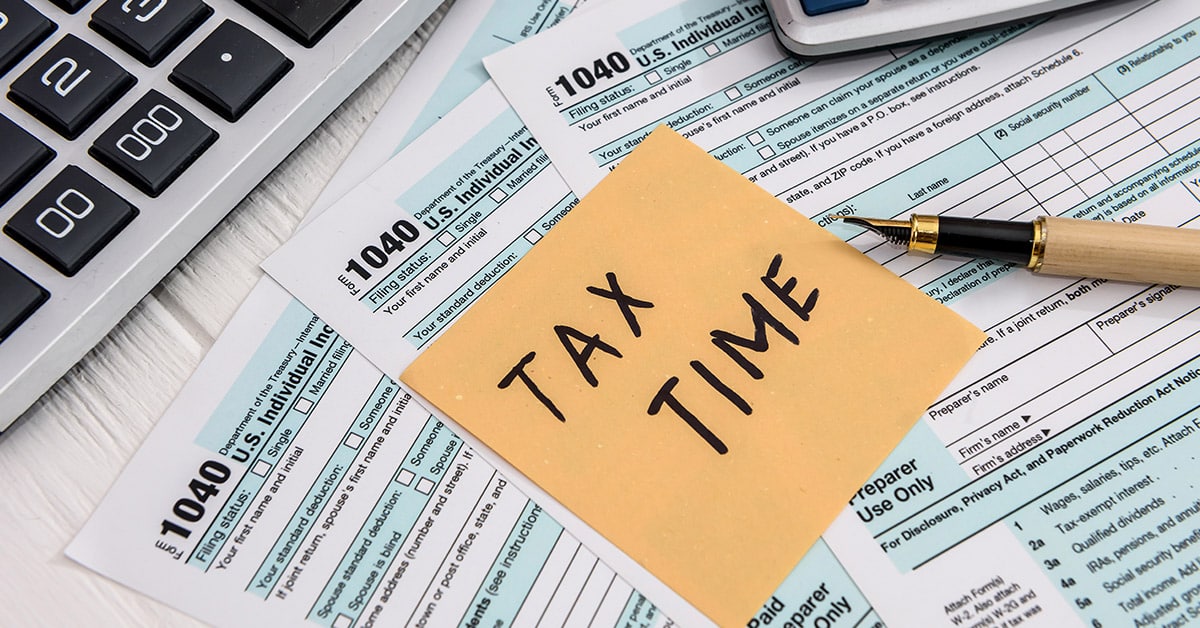The best way to avoid a nasty surprise on the amount owed for tax return – or a terse letter from the IRS– is to do a rough tax projection. This process produces an estimate of what is owed so you can make smart decisions about cash flow and take steps to qualify for more deductions and credits. The earlier you start, the better – most tax pros suggest doing this in November.
Is Medical Equipment Tax Deductible?
Wondering if it’s worth claiming medical expenses for equipment on your taxes? The answer is yes!
Researching deductions for medical equipment used by yourself, your spouse or another person in your care is worth the effort because you may be able to reduce your tax bill.
The IRS allows taxpayers who itemize to potentially deduct the amount of medical and dental expenses that is more than 7.5% of their adjusted gross income on Schedule A (Form 1040). If you take the standard deduction, you cannot claim medical equipment or other health-related deductions.
Learn more: What Medical Equipment is Tax Deductible?
Are Medical Alert Devices Tax Deductible?
If you’re trying to figure out if you can claim a medical alert system on your taxes, the answer is: Probably. The only way to get a definitive answer is to consult with a tax professional like your accountant, tax attorney or financial advisor. That’s because IRS guidelines don’t expressly mention medical alert systems like Lifeline.
However, depending on your circumstances and specific medical alert system, a tax pro can help determine if a medical device used by you, your spouse or another qualified dependent can be claimed as:
- A medical equipment expense prescribed by a doctor.
- A capital expense for “special equipment” installed in your home mainly to support medical care for you, your spouse or your dependent.
- A medical expense for systems that store medical information in a computer data bank and retrieve and furnish the information upon request to an attending physician.
Qualifying medical expenses for tax deductions are helpful tax breaks for family caregivers and older adults that may help reduce the financial impact of caregiving or help manage the cost of aging. Consult a tax professional and IRS Publication 502 for the most current information on eligible medical expense deductions.
Tax issues are complex and can be stressful, and it’s hard to know if you’re taking advantage of all available benefits. While working with tax experts does cost money, in many cases they end up saving you more – or helping you avoid costly errors – than you paid them. For that reason, always consult a tax specialist.
Learn more: Tax Tips for Family Caregivers and Older Adults
This information is not intended as a substitute for professional financial, accounting, tax or legal consultation; it is provided “as is” without any representations or warranties, express or implied. Always consult professionals when you have specific questions about any financial matter.




